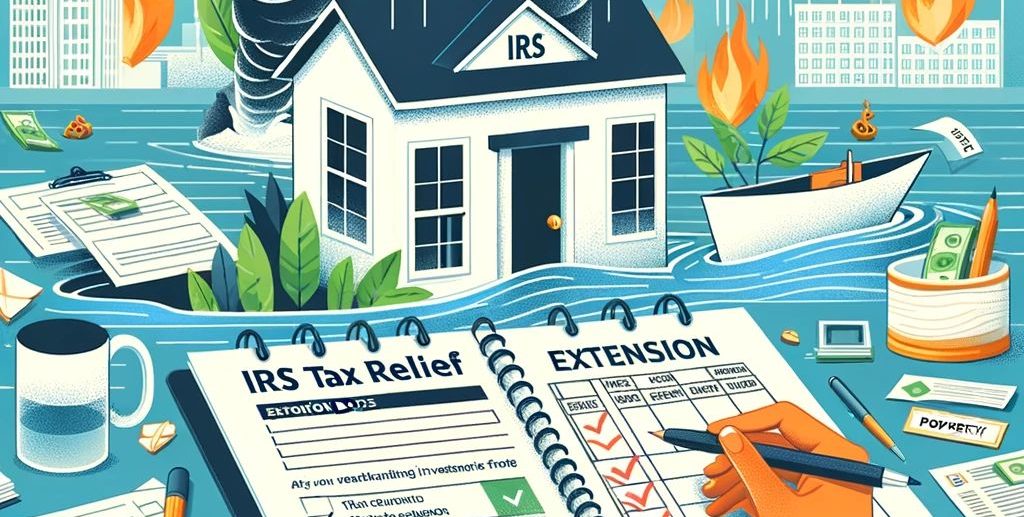In the face of escalating natural disasters and the challenges of climate change, real estate investors and asset managers are navigating an increasingly complex landscape. Natural disasters can significantly impact real estate investments, especially for those involved in 1031 exchanges. Recent disasters across various states have prompted the IRS to offer tax relief for real estate investors involved in 1031 exchanges.
The IRS has announced tax relief for victims of various disasters in Michigan, West Virginia, Rhode Island, Tennessee, Maine, Connecticut, California, and Washington. The aid applies to individuals and businesses in the disaster areas, allowing for extended deadlines under specific sections of Revenue Procedure 2018-58 for those engaging in 1031 exchanges. Extensions apply to both the 45th and 180th-day deadlines, with the possibility of additional relief for non-affected taxpayers facing challenges due to these disasters, ensuring investors don’t lose benefits due to unforeseen circumstances.
The IRS’s tax relief for those engaged in 1031 exchanges is a welcome measure, providing breathing space for real estate investors navigating the compounded challenges of natural disasters, climate change, and current market conditions. The rising frequency and intensity of these events, along with tighter lending and capital markets, underscore the importance of such tax relief in maintaining the viability and resilience of real estate investments during challenging times.
For real estate asset managers, these intricate scenarios underscore the need for strategic agility and comprehensive risk management, ensuring that investments can withstand the multifaceted impacts of both natural and economic shifts.
Written by: Marcia Minton


